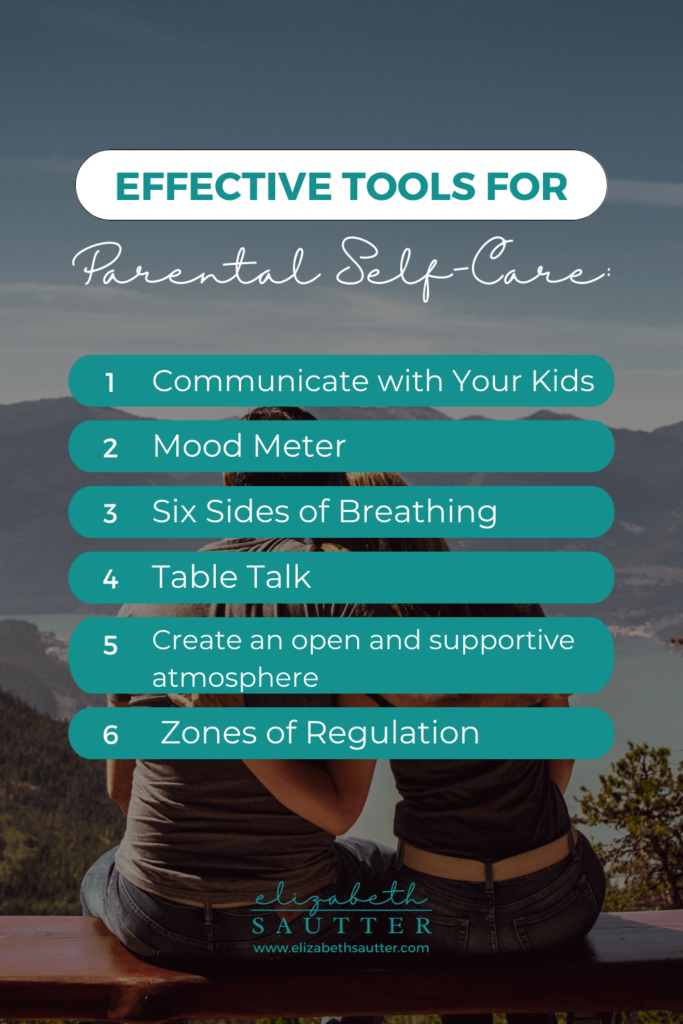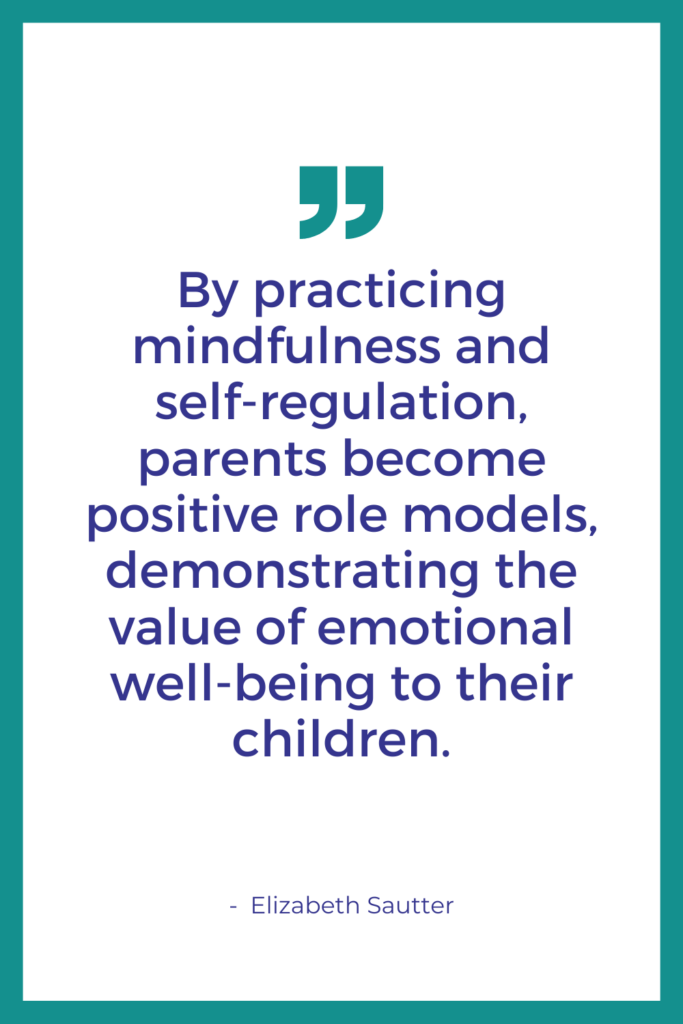As parents of neurodivergent children, we often find ourselves tirelessly supporting our kids with the tools and strategies they need to thrive.
However, in the midst of hectic times and demanding schedules, we must remember to prioritize our own well-being. Taking care of ourselves through mindfulness and self-regulation not only benefits us but also sets a positive example for our children. It’s been a journey for me to find to what works for my self-care amidst the stress and offer effective strategies for nurturing the emotional well-being of my family. Let’s explore the significance of parental self-care and its impact on our neurodivergent children’s lives.
Understanding the Need for Parental Self-Care: Amidst the start of a new school year, adjusting to new schedules, and managing a home renovation, it’s essential for parents, especially those with neurodivergent children, to find time for self-care. When we prioritize our well-being, we become better equipped to support our children’s emotional development.

Effective Tools for Parental Self-Care:
- Communicate with Your Kids: As you practice self-regulation tools and strategies, let your children know what you’re doing and why. This way, you not only take care of yourself but also serve as a positive role model for your kids. Share with them the calming activities you engage in, such as going for a walk or practicing mindful breathing during bedtime cuddles.
- Mood Meter: Display a chart of facial expressions (p. 72 in “Make Social Learning Stick!”) in a central location, like the refrigerator. Share your feelings and mood with your children, along with the tools you plan to use to regulate your emotions throughout the day.
- Six Sides of Breathing: Try the calming breathing strategy developed by Leah Kuypers, called the Six Sides of Breathing. Trace a hexagon shape as you inhale, hold your breath, and exhale. Doing this twice helps you take calming breaths and maintain emotional balance.
- Table Talk: Utilize family meals as an opportunity for each person to check in about their feelings and experiences, including both the highs and lows.
- Create an open and supportive atmosphere where emotions can be discussed, and parents can model effective ways of coping with different feelings.
- Zones of Regulation*: Familiarize yourself and your family with the Zones of Regulation curriculum by Leah Kuypers. This approach offers practical tools for identifying and managing emotions and reactions, enabling constructive discussions about emotional triggers and appropriate coping strategies.
Prioritizing parental self-care is essential for creating a harmonious and emotionally healthy family environment, especially when raising neurodivergent children. By practicing mindfulness and self-regulation, parents become positive role models, demonstrating the value of emotional well-being to their children.

Remember, taking care of yourself first allows you to better care for your kids and others around you. Embrace self-care, and watch as it positively impacts not only your own life but also the lives of your neurodivergent children and loved ones. Put on that oxygen mask and take care of yourself, and don’t forget to share your plan with the rest of the family along the way. Together, we can nurture the well-being of both parents and neurodivergent kids, creating a happier and healthier family life.
Explore the transformative “Make It Stick” 12-Month Social-Emotional Calendar for practical tools and activities to enhance self-care and compassion within your family. Start nurturing emotional well-being today: Get Your Calendar.
 Join the Upcoming Workshop –
Join the Upcoming Workshop – 
